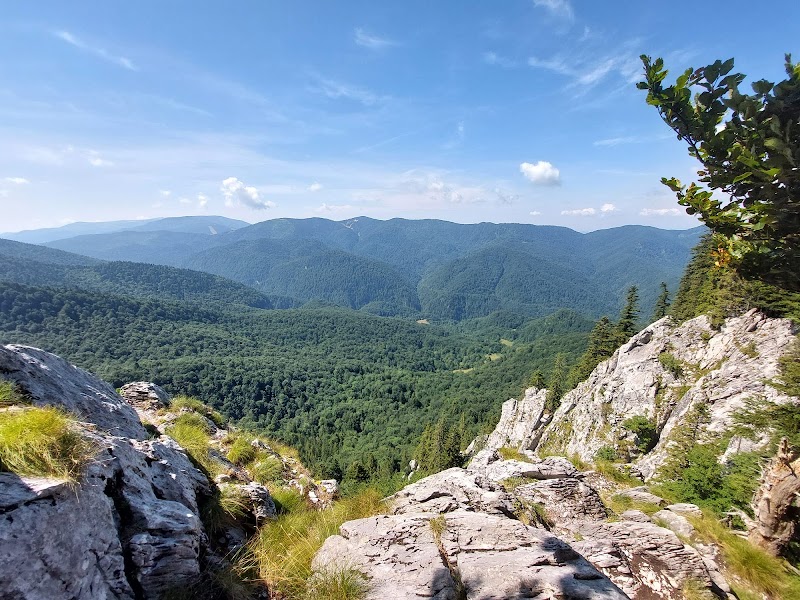
Apuseni Natural Park Adventures
Apuseni Natural Park is a stunning landscape in Romania, known for its karst formations, extensive cave systems, and rich cultural heritage.
About Apuseni Natural Park

Apuseni Natural Park, located in the western Carpathians of Romania, spans a diverse landscape marked by rugged limestone mountains, lush forests, and expansive grasslands. The park is renowned for its impressive karst topography, featuring extensive cave systems such as the Scărișoara Ice Cave—the largest underground glacier in Romania—and the Peștera Urșilor, which is famous for its fossilized cave bear remains. Apuseni is an ecologically rich area, home to diverse flora and fauna, including rare species like the Western Capercaillie and the Red Deer. Historically, the region is significant for its rich Romanian and Transylvanian heritage, with traditional villages and ancient customs still prevalent. Visitors can enjoy a range of outdoor activities, from hiking and caving to wildlife observation and cultural tours. The natural beauty and cultural significance make Apuseni a captivating destination for nature enthusiasts and cultural explorers alike.
Highlights
Scărișoara Ice Cave
Peștera Urșilor
Padiș Plateau
Rădesei Gorges
Notable Natural Features
Scărișoara Ice Cave
A remarkable ice cave housing the largest underground glacier in Romania.
Peștera Urșilor
A famed cave known for its impressive display of stalactites and stalagmites and preserved cave bear fossils.
Padiș Plateau
A scenic area featuring diverse landscapes ideal for hiking and photography.
